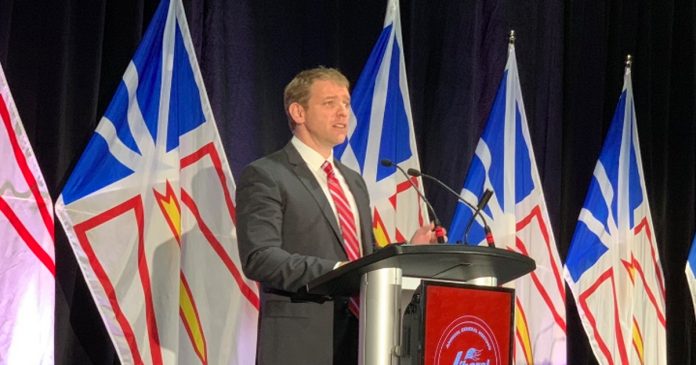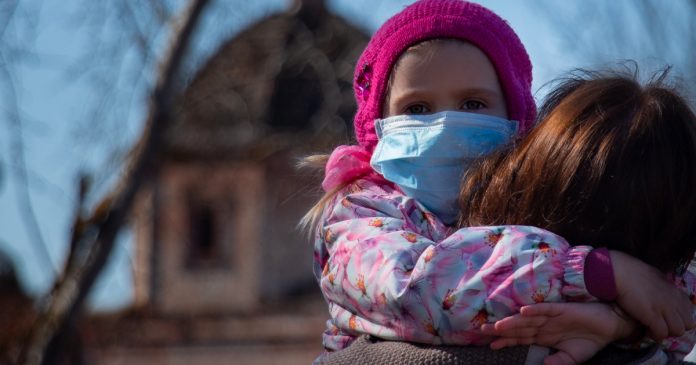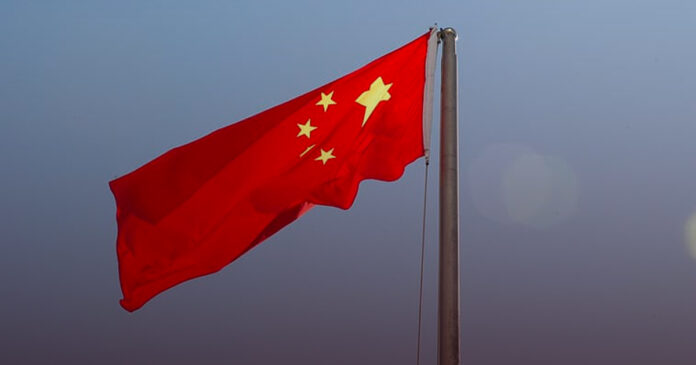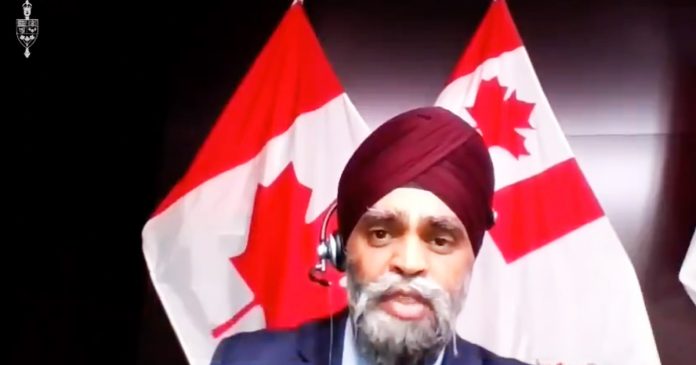Former prime minister Stephen Harper told the Annual Conference of Defence Associations Institute on Friday that foreign policy experts had miscalculated China’s aggressive ambitions when sizing up the world power in the past.
Harper made the comments during a discussion moderated by his former national security adviser Richard Fadden, the National Post reports.
”A huge change that’s occurred, particularly since I left office, has been the United States really stepping away from a lot of its traditional leadership role. China is now a competitive rival of the United States across a range of spheres,” said Harper.
“The reading of China was completely wrong by so-called China experts for many years. China is not an insular and passive country. It is a large country with hegemonic ambition.”
According to Harper, under Chinese President Xi Jinping’s leadership, China has taken steps to be more combative and upfront in its foreign policy approach.
“All of the pillars of Chinese aggressiveness were already in place and clear to anyone who wanted to open their eyes. The difference with President Xi is he became more visibly outspoken on China’s ambitions.”
“We in the West agreed to a series of economic rules that have essentially allowed the Chinese wide ranging, in some ways almost unlimited, access to our markets for both trade and investment purposes. China can be a lot smaller than us in terms of standard of living and still be an economy twice the size of the United States so I think this is a real challenge.”
Recently, the House of Commons voted to classify China’s mass-encampment and forced sterizilization of the country’s Uyghur minority a genocide.
While the motion received bipartisan support, the Liberal cabinet and Prime Minister Justin Trudeau collectively abstained from the vote.
Critics have accused the Liberal government of being too soft on China. Members of the Conservative Party have called on Ottawa to implement Magnitsky-style sanctions on Chinese Communist Party officials directly involved in the genocide as a form of punishment.

























